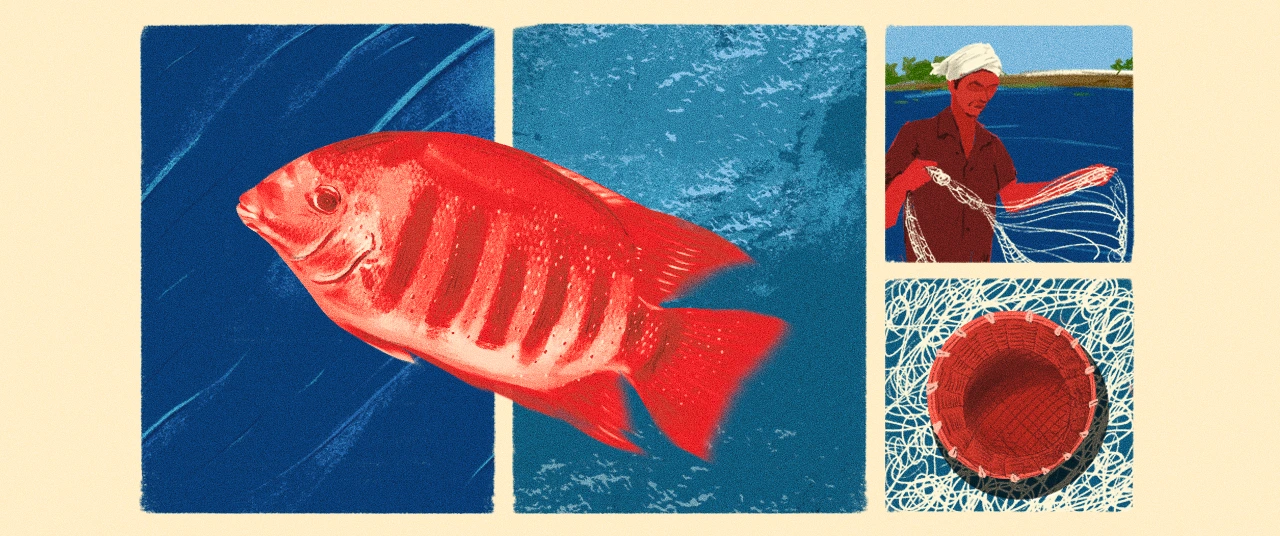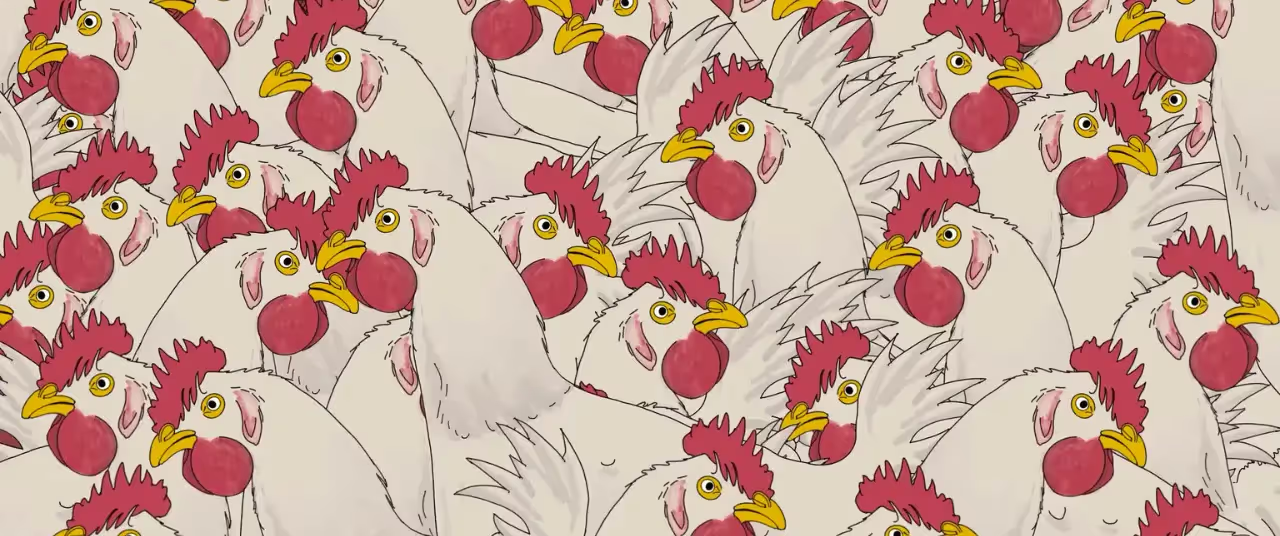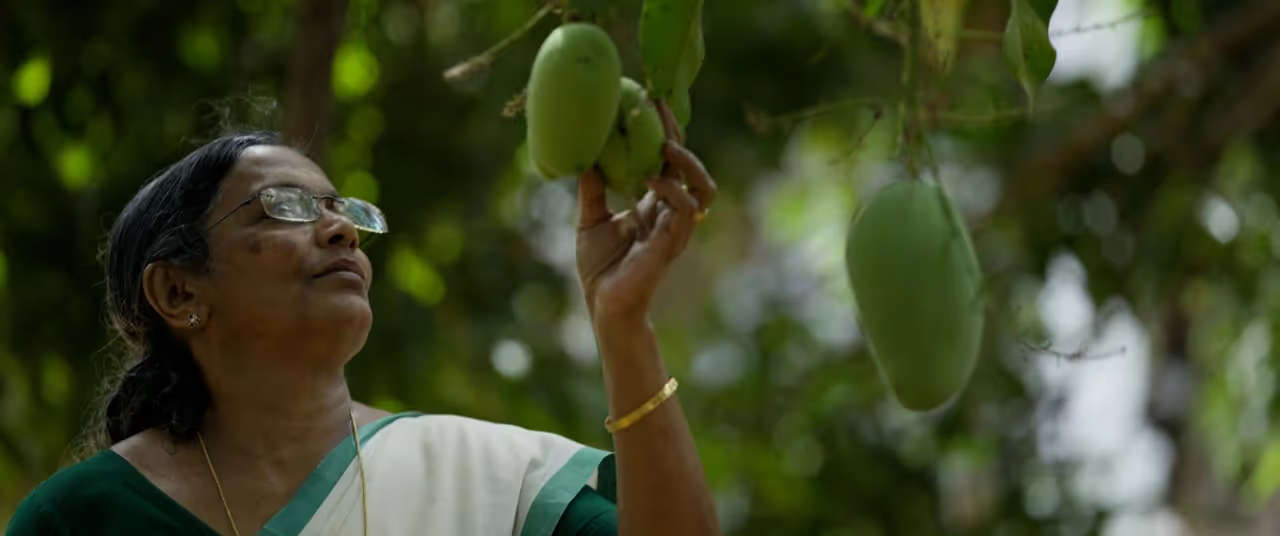To Kerala’s Forest Man KV Dayal, happiness lies in organic farming






KV Dayal’s dream is to build a ‘happiness university.’ “Isn’t happiness what everyone wants?” he asks. “Yet, are we taught how to achieve it?”
Twenty-six years ago, ‘The Forest Man of Kerala’, as he is popularly known, took one and a half acres of barren land around his home in Muhamma, Alappuzha and started planting trees, one by one. Today, on this land rests a lush forest.

Dayal confesses that in the past 38 years, he has learnt that there is only one way to happiness: organic farming. Dayal’s approach is unambiguous and backed by scientific knowledge. “The food we consume is directly linked to the state of our minds. The more eco-conscious the food, the clearer the mind,” he says. “And that is the route to happiness. To achieve it, we need to correct existing farming practices. We have moved far away from traditional farming methods. Any system that does not support conservation is not the way ahead,” he asserts.
To this end, Dayal has designed a 20-day Art of Happiness course through the Mahatma Gandhi University, which is open to students of all ages. Using a combination of ecology, eco-psychology and eco-spirituality, the curriculum guides students to understand the essence of life. “We are working hard to develop Artificial Intelligence, but what about natural intelligence?” he asks.
Over the years, Dayal admits to having evolved into a teacher and philosopher, too. In addition to his talks, lectures and practical sessions on organic farming, he also mentors green collectives and organisations on concepts such as happiness tourism: programmes that give people a chance to experience natural living and natural foods.

His focus, though, is not just on organisations or collectives. It is important, he believes, to raise a whole generation of people who understand the principles of organic farming. This can reverse the damage caused by years of unscientific practices. As the chief faculty for the Organic Farming Certificate course offered by the MG University, Dayal inspires students to be changemakers. “The social leadership has to realise that only if we solve the problems in farming can the farmers be benefitted,” he says.
For someone who entered farming serendipitously – fumbling into it while trying to save his coconut trees that refused to yield – Dayal has come a long way. And along this way, he realised that forests are actually a brilliant self-sustainable model.
He was hugely influenced by the methodologies of Japanese farmer-philosopher Masanobu Fukuoka – whose do-nothing technique created a revolutionary ripple effect throughout the world – and one of Kerala’s pioneering environmentalists, John C. Jacob. Inspired by Jacob, Dayal founded the Vembanad Nature Club in 1986, one of his earliest green initiatives. Dayal was also a disciple of CRR Varma, an exponent of naturopathy science. From Varma, he learnt that the human mind and body are inextricably linked to Nature.

For Dayal, it was as if he were playing a video game: each level he unlocked took him closer to Nature. A coir exporter by profession, his friends fondly remember Dayal as a star volleyball player during his college years. “I had never once imagined that I would end up planting a forest, and yet here I am,” he says.
In less than four decades, the barren patch of land around his house, just six km away from the coast, became a luxuriant forest teeming with life. Today, it has over 200 different species of trees and two ponds, not to mention the various life forms it supports. It is a sanctuary of peace for anyone who has visited it.
{{marquee}}
In the years that led to the idea of building a forest, Dayal spent all his time researching, visiting forests and studying them, and interviewing people connected to the wilderness in some way.
Dayal dreamed of his forest, however, to have a wider scope. He envisioned a food forest within the larger project, and so, devoted half an acre to farming. The proximity to the larger forest he had created helped to envision a conducive micro climate.
And this has been one of Dayal’s biggest goals – to create mist. “Through agro-ecological design, one can create mist artificially. This way, we can bring the climate under our control,” he adds. He’s referring to a design that creates sustainable, resilient farms that consider the environment and the interactions between its elements.
While Dayal is a repository of traditional farming knowledge, he is also a hands-on guide, often encouraging his proteges to experiment with creating natural remedies. He gives them practical solutions to their problems, some of which have even transformed the pH of the soil. For instance, Dayal found that instead of using powdered limestone (calcium oxide), powdered oyster shells (calcium carbonate) would work well as a fertiliser, as it did not alter “the pH of the soil”. He advocates the use of diluted seawater (one litre seawater in 30 litres of freshwater) to water crops. His advice to organic farmers is to maintain five crops, which would ensure regular incomes.
Also read: The tree that keeps the Thar alive

His contributions to organic farming won him the Kerala Government’s Vanamitra award in 2006. He has authored books including Pachamanninte Manam (The scent of soil), Jaivakrishiyum Jeevanenna Prathibhasavum (Organic farming and the phenomenon called life), Jaivakrishi: Pradhamika Padangal (Organic Farming: Basic lessons), Oru Puthiya Vidyalayam (A new school), and Urvarathayude Sangeetham (A music that is fertile).
What sets Dayal apart is his unflinching and holistic commitment to the green cause. During his early forays into organic farming, he spent three years learning psychology in order to understand the human mind and its application in farming. “Agriculture is about truth, dharma and justice. And the philosophy of organic farming is based on this. When an idea has a philosophical backing, it is better accepted,” he says.
Also read: Himalayan farmers stand tall against chemicals
(Image Credits: Anandhu M, Manoj M)
Explore other topics
References


























.avif)




